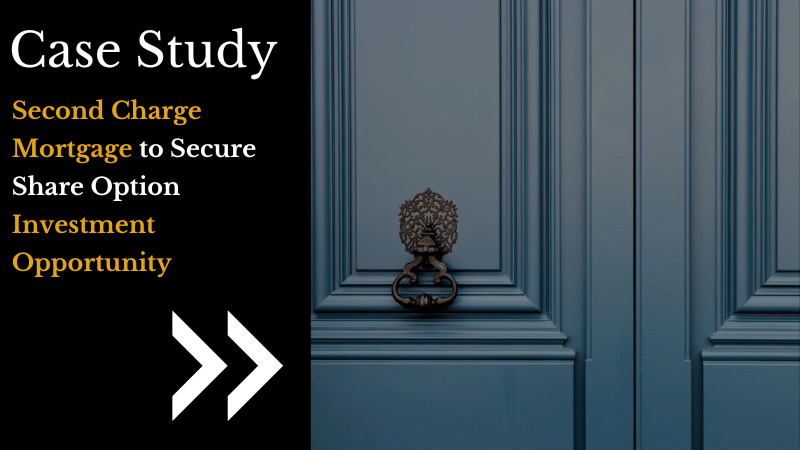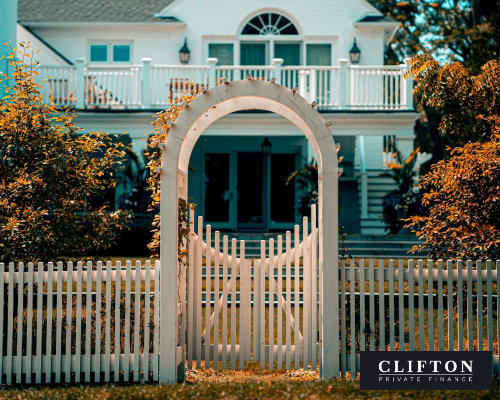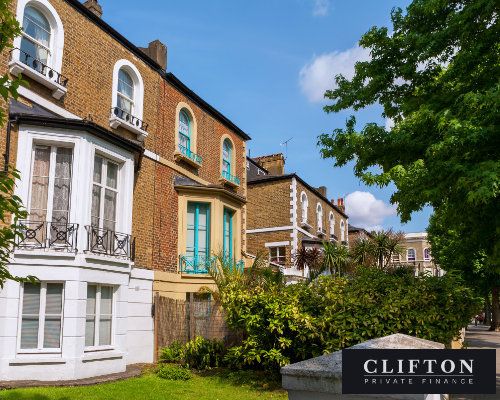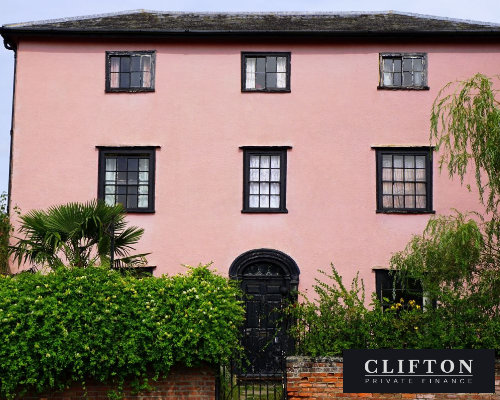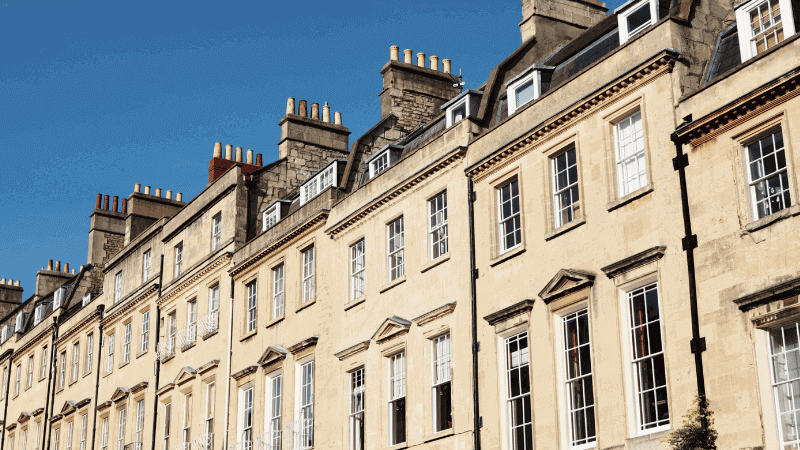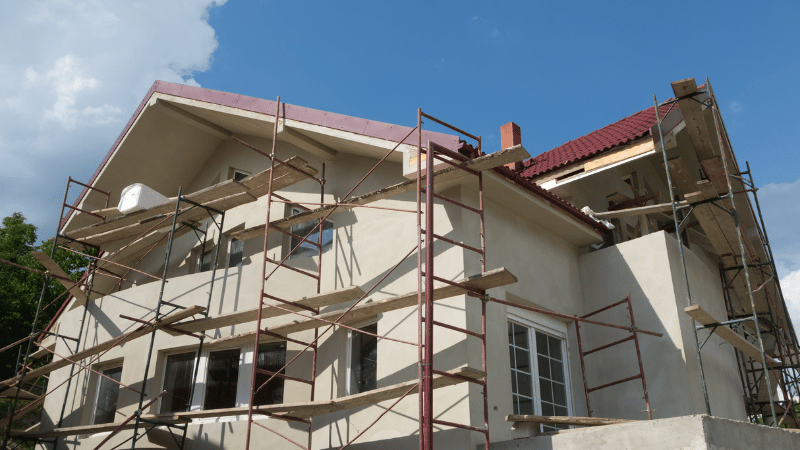Categories
Second Charge Mortgage Rates
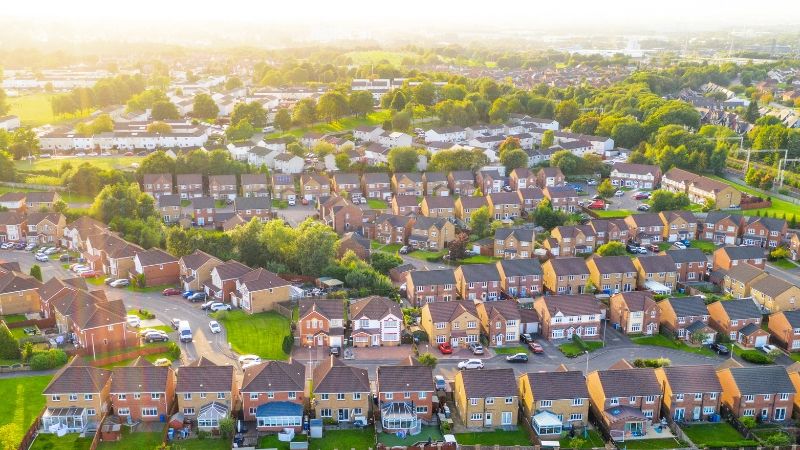
While second charge mortgage rates can be higher than your first charge (because of added risk to your lender), they can be more than worthwhile if it helps you avoid ERCs (early repayment charges) on your existing deal, or prevents you losing a great rate on your existing mortgage (perhaps because you had a better credit score back then).
A second charge mortgage, also known as a second mortgage, allows you to borrow money against the equity in your property.
They are becoming an increasingly popular choice for homeowners in the UK, especially those looking to raise finance without remortgaging.
Remortgaging is great for many situations, but it’s not for everyone. A second charge mortgage might better if:
-
If you’ve got a very good interest rate on your current mortgage, you won’t want to remortgage your entire mortgage onto a new, higher rate to raise more capital – instead, a second charge allows you to keep your first charge in place
-
If you have high ERC (early repayment charges) on your first mortgage it might be cheaper to take out a second charge and leave your existing mortgage as is
-
Or if your credit score or financial situation has changed since your first mortgage, meaning that again it’s not financially worth it to remortgage entirely
But what exactly is a second charge mortgage, and how do the rates work?
How are they repaid, and how are they calculated?
How can you compare them, and how do they stack up against other mortgage options such as remortgaging?
At Clifton Private Finance, we compare rates from across the market to find the best deal for your situation - even some lenders that aren't on comparison sites.
Book a free, no-obligation consultation with an adviser below.
Second Charge Mortgage Key Takeaways
-
Second charge mortgages are loans taken against the equity in your property, on top of your primary mortgage.
-
They can be a viable option for homeowners looking to raise finance without remortgaging, especially if they have good interest rates on their current mortgage or high early repayment charges.
-
They are 'second' in line to be paid off after your primary mortgage if you can't repay and your house gets sold.
-
Second charge mortgages are riskier for the lender, which is why they can have higher interest rates.
-
You can borrow from as little as £10,000, and they're typically secured within 2-3 weeks.
-
They are flexible and can be used for various purposes such as home improvements, debt consolidation, buying a second home, etc.
-
The amount you can borrow is primarily based on the equity in your home and the loan-to-value (LTV) ratio.
-
Alternatives such as remortgaging, bridging loans, and personal loans may also be suitable, depending on your circumstances.
Table of contents
What is a Second Charge Mortgage
How Second Charge Mortgage Rates Work
How Second Charge Mortgages are Repaid
Second Charge Mortgage Case Studies
How Second Charge Mortgages are Calculated
Comparing Second Charge Mortgage Rates
Second Charge Mortgages vs. Other Mortgage Options
The Risks and Benefits of Second Charge Mortgages
What is a Second Charge Mortgage
A second charge mortgage is a secured loan taken out against a property that already has an existing mortgage.
For example, if you're a homeowner, it's likely that you have a mortgage. This loan is called the "first charge" mortgage because if you can't pay back the loan and your house gets sold, the first mortgage lender gets paid first.
If you need to borrow some more money, and you decide to use your house as a guarantee again, this new loan is called a "second charge" mortgage.
It's called this because if you can't pay back your loans and your house is sold, the second mortgage lender gets paid after the first mortgage lender.
Basically, the "charges" are the order in which lenders get paid if you can't repay your loans and your house is sold. It's like a queue, and the first charge mortgage is first in line.
This is why a second charge mortgage can be riskier for the lender, because if there isn't enough money from the sale of the house to pay off both loans, they might not get all of their money back.
Because of this, interest rates for second charge mortgages can be higher.
Check out our Q&A on Second Charge Mortgages:
The loan amounts for second charge mortgages can be as low as £10,000, and the funds are typically secured within 2-3 weeks.
One of the key advantages of a second charge mortgage is its flexibility.
They can be used for various purposes, including home improvements, buying a second home, debt consolidation, business purposes, car purchase, school fees, investment properties, paying tax bills, weddings, and lifestyle funding.
This makes them a practical solution for borrowers who need additional funds for a wide range of needs.
However, while second charge mortgages offer numerous benefits, they also come with risks.
The most significant risk is that failing to keep up with repayments on a second charge mortgage may result in repossession of your home. The remaining funds would then be used to pay off the first charge mortgage and the second charge loan debt. So, it's crucial to understand the terms and conditions of a second charge mortgage fully before proceeding.
At Clifton Private Finance, we are a leading broker of second charge mortgages, sourcing financing solutions for UK clients looking to raise finance against their residential or buy-to-let properties.
We can provide up to 100% loan to value, with loan terms ranging from 1 to 30 years.
And we also provide options for adverse credit borrowers, considering factors like County Court Judgements (CCJs), Individual Voluntary Arrangements (IVAs), Debt Management Plans (DMPs), and more.
How Second Charge Mortgage Rates Work
The interest rate on a second charge mortgage is the cost of borrowing the money, expressed as a percentage of the loan amount.
It's important to note that this rate is separate and is different from the interest rate on your first charge mortgage.
The interest rates for second charge mortgages are determined by several factors:
First and foremost, they are influenced by the Bank of England's base rate, which is the interest rate at which the Bank of England lends money to other banks.
When the base rate is low, borrowing costs for banks are lower, and this often translates into lower interest rates for borrowers.
Conversely, when the base rate is high, borrowing costs for banks increase, which can lead to higher interest rates for borrowers.
Another key factor is the lender's assessment of the risk associated with your loan.
This assessment includes your credit history, your loan-to-value ratio, and your income and outgoings. If the lender perceives a higher risk, they may charge a higher interest rate to compensate for this risk.
The competition among lenders also plays a role in determining second charge mortgage rates.
Lenders compete for business by offering attractive rates, and this competition can help to drive down the rates available to borrowers.
At Clifton Private Finance, we compare rates from multiple lenders to find the most competitive quote for your specific scenario.
Second charge mortgage interest rates can vary significantly, typically ranging from 3% to 20%, but it depends where the base rate is currently and on the details of your specific situation.
A rate from 5% is generally considered good at the moment. However, it's important to remember that the rate you're offered will depend on your individual circumstances, including your credit score, the amount you want to borrow, and the term of the loan - as well as market rates at the current time.
It's also worth noting that second charge mortgages can come with either fixed or variable rates.
A fixed-rate means that the interest rate will stay the same for a set period, providing certainty about your repayments.
On the other hand, a variable rate can change over time, usually in line with the Bank of England's base rate. This means your repayments could go up or down – great if the base rate gets lower, not so great if it climbs.
When considering a second charge mortgage, it's crucial to not only look at the interest rate but also the Annual Percentage Rate of Charge (APRC).
The APRC includes both the interest rate and any associated fees, providing a more complete picture of the cost of the loan.
Also, check out our video explaining the process of how to get a second charge mortgage:
How Second Charge Mortgages are Repaid
To repay a second charge mortgage, you make regular payments over a set period agreed upon at the outset of your loan.
These payments are typically made monthly and consist of both the principal (the amount borrowed) and the interest accrued on that amount.
The term of a second charge mortgage can range from 1 to 30 years, depending on your needs and circumstances.
This flexibility allows you to choose a term that suits your financial situation and repayment capacity.
Conversely, a shorter term could mean higher monthly payments but less interest paid overall.
Remember, if you fail to keep up with repayments, your lender has the right to repossess your home to recover the debt. After repossession, the home is typically sold, and the proceeds are used to pay off the first charge mortgage first, and then the second charge loan debt. Any remaining funds are then returned to you as the borrower.
Second Charge Mortgage Case Studies
How Second Charge Mortgages are Calculated
The calculation of a second charge mortgage is primarily based on two key factors: the equity in your home and the loan-to-value (LTV) ratio.
For example, if your home is worth £300,000 and you owe £200,000 on your first mortgage, you have £100,000 in equity.
This equity forms the basis for the amount you can borrow with a second charge mortgage.
The LTV represents the size of the loan in relation to the value of the property.
For instance, if you have a property worth £300,000 and you want to borrow £150,000, the LTV ratio would be 50%.
Typically, lenders will allow a maximum LTV ratio of around 80% for second charge mortgages.
This means that the combined amount of your first and second charge mortgages can't exceed 80% of the value of your property.
However, some lenders do offer up to 100% LTV, depending on the borrower's circumstances and the perceived risk of the loan.
But while a higher LTV might enable you to borrow more, it also increases the risk for the lender, which could result in a higher interest rate.
So, it's crucial to consider not just how much you can borrow, but also how much you can comfortably afford to repay.
Use our second charge mortgage calculator to get a better understanding.
Comparing Second Charge Mortgage Rates
The interest rate on your second charge mortgage will significantly impact the total cost of the loan and your monthly repayments, so it's worth taking the time to explore your options.
One effective way to compare second charge mortgage rates is by using comparison websites.
These platforms gather and display rates from various lenders, allowing you to easily compare them side by side.
They can provide a quick overview of the market and help you identify potential lenders with competitive rates.
This is where a mortgage broker can be invaluable.
A broker, such as Clifton Private Finance, has access to a wide range of lenders, including some that don't appear on comparison websites.
We can also provide personalised advice based on your circumstances and help you navigate the application process.
When comparing rates, it's also important to consider the overall cost of the loan, not just the interest rate.
Be sure to factor in any additional fees, such as arrangement, appraisal, and closing costs, as these can significantly impact the total cost of the loan.
Second Charge Mortgages vs. Other Mortgage Options
When looking to raise additional finance using your property, second charge mortgages are not the only option available.
Alternatives such as remortgaging, bridging loans, and personal loans may also be suitable, depending on your circumstances.
Understanding the differences between these options can help you make an informed decision about which is right for you.
1. Remortgaging involves switching your existing mortgage to a new deal, either with your current lender or a different one.
This can be a good option if you want to borrow a large amount, as you may be able to secure a lower interest rate than with a second charge mortgage.
However, remortgaging may involve fees (ERCs), and you'll need to ensure that the new mortgage doesn't have less favourable terms than your current one (for example, if you’ve now got a significantly worse credit score, or you were on a particularly good deal with your original mortgage).
2. Bridging loans are short-term loans designed to 'bridge' a gap in financing, often used when buying a property before selling your current one.
They can be arranged quickly but usually have higher interest rates than mortgages, making them more suitable for short-term borrowing (typically 12 months).
3. Personal loans are unsecured, meaning they don't require collateral. They can be a good option for smaller amounts or if you don't want to put your property at risk.
However, interest rates can be higher than for secured loans, and you'll typically need a good credit score to qualify.
For more information, here's a video on the benefits of second charge mortgages compared to other routes of financing:
The Risks and Benefits of Second Charge Mortgages
Starting with the benefits, second charge mortgages offer a flexible way to raise significant funds without altering your first charge mortgage.
It’s particularly advantageous if you have a favourable rate on your first mortgage that you don't want to lose, or if you would incur early repayment charges by remortgaging.
Second charge mortgages can also be used for a wide range of purposes:
-
Fund home improvements
-
Consolidate debts
-
Invest in a business
-
Or even pay for a wedding
The loan amounts can be as low as £10,000, offering flexibility based on your specific needs.
However, alongside these benefits come certain risks.
The most significant risk associated with second charge mortgages is the potential for repossession. Because these loans are secured against your property, failure to keep up with repayments could result in the lender repossessing your home.
The home would then typically be sold, and the proceeds used to pay off the first charge mortgage and the second charge loan debt.
And while second charge mortgages can offer competitive interest rates, these rates can be higher than those for first charge mortgages or remortgaging.
FAQs
What is the interest rate for a second charge?
The interest rate for a second charge mortgage varies, typically ranging from 2% to 20%. Factors such as the Bank of England's base rate, the lender's risk assessment, and market competition influence the rate.
Are second charge mortgages more expensive?
Second charge mortgages can be more expensive due to potentially higher interest rates and additional fees. However, the cost depends on your personal circumstances, the loan amount, and the term of the loan.
What is the maximum second charge mortgage?
The maximum second charge mortgage depends on the equity in your home and the lender's maximum loan-to-value ratio. Some lenders may offer up to 100% loan-to-value.
What is the advantage of a second charge mortgage?
Second charge mortgages offer a way to raise significant funds without altering your first mortgage. They're flexible, can be used for various purposes, and may be accessible even with adverse credit.
What are some 2nd charge mortgage lenders
Second charge mortgage lenders include banks, building societies, and specialist lenders. It's important to choose a lender that is authorised and regulated by the Financial Conduct Authority (FCA).

